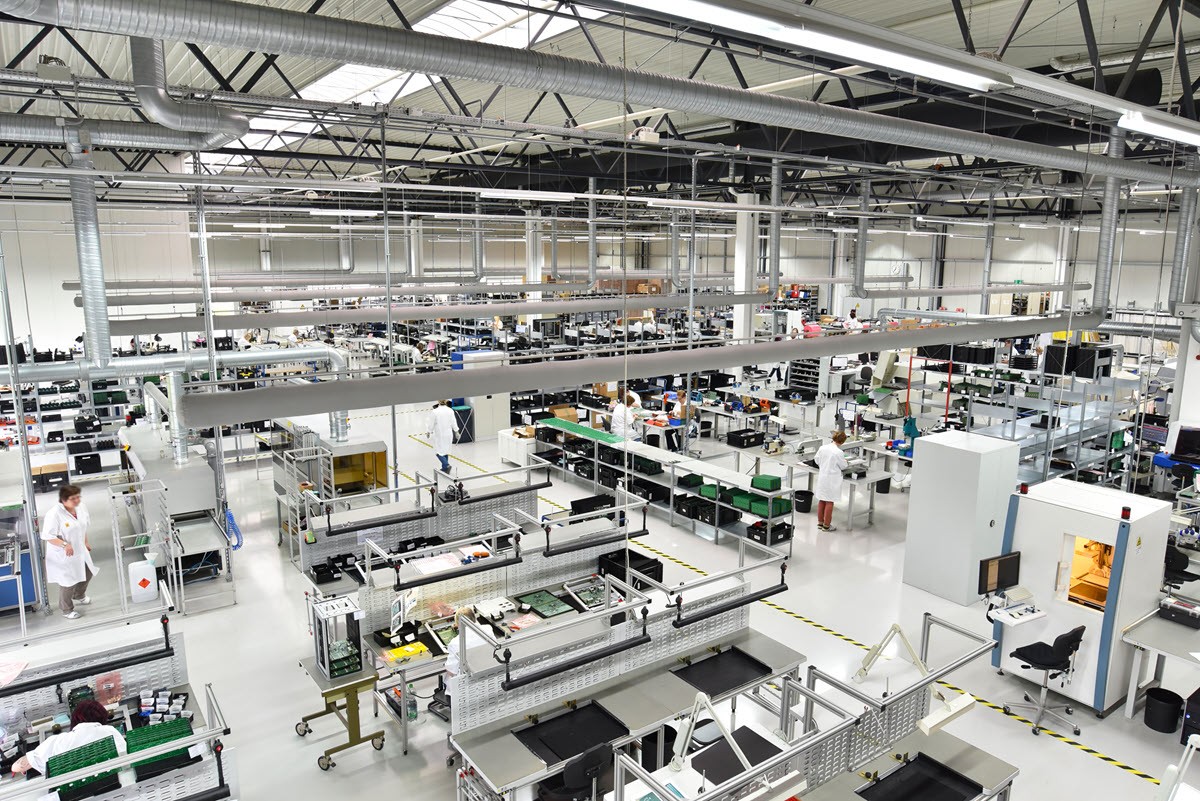
Taiwan Semiconductor Manufacturing Co. (TSMC), the world's largest semiconductor foundry, is set to begin mass production at its new advanced chip-manufacturing facility in Phoenix, Arizona in 2025. This milestone marks the return of cutting-edge chip manufacturing to U.S. soil.
The Arizona plant will produce sophisticated 4-nanometer chips, the same technology used in Nvidia's most advanced GPUs. Early performance indicators are promising, with yields reported to be 4% higher than TSMC's Taiwan facilities.
The U.S. government is supporting this initiative with $6.6 billion in funding through the CHIPS and Science Act of 2022. A second facility, planned for 2028, will manufacture even more advanced 2- or 3-nanometer chips.
This expansion comes as major U.S. tech companies like Apple, Nvidia, Google, Amazon, and Qualcomm seek to diversify their supply chains. The COVID-19 pandemic's chip shortages and growing geopolitical tensions with China have highlighted the risks of concentrated manufacturing in Taiwan, where TSMC currently produces 90% of the world's advanced chips.
The project has faced some challenges, particularly in workforce development. Cultural differences between American and Taiwanese work approaches have created initial hurdles, though these are reportedly being addressed. The U.S. also faces a shortage of qualified engineers and technicians for semiconductor manufacturing.
Other major players are also expanding U.S. operations. Samsung plans to open a facility in Taylor, Texas, with potential CHIPS Act funding of $6.4 billion. Intel is investing in new sites across Arizona, Ohio, New Mexico, and Oregon, supported by an expected $8.5 billion in government funds.
The success of TSMC's Arizona facility will serve as a key indicator of both the CHIPS Act's effectiveness and the feasibility of globalizing advanced semiconductor manufacturing beyond Taiwan's borders.